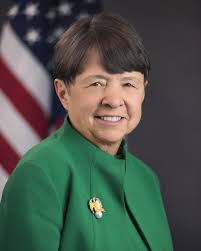Simpson Thacher discusses SEC Charges Against Computer Sciences Corporation and its Former Executives for Accounting Fraud, Invoking Sarbanes-Oxley’s Clawback Provision
On June 5, 2015, the Securities and Exchange Commission (“SEC”) entered into settled administrative cease-and-desist proceedings with Computer Sciences Corporation (“CSC”) and some of its former executives due to the company’s alleged manipulation of financial results and concealment of problems …
 Sky Blog
Sky Blog







